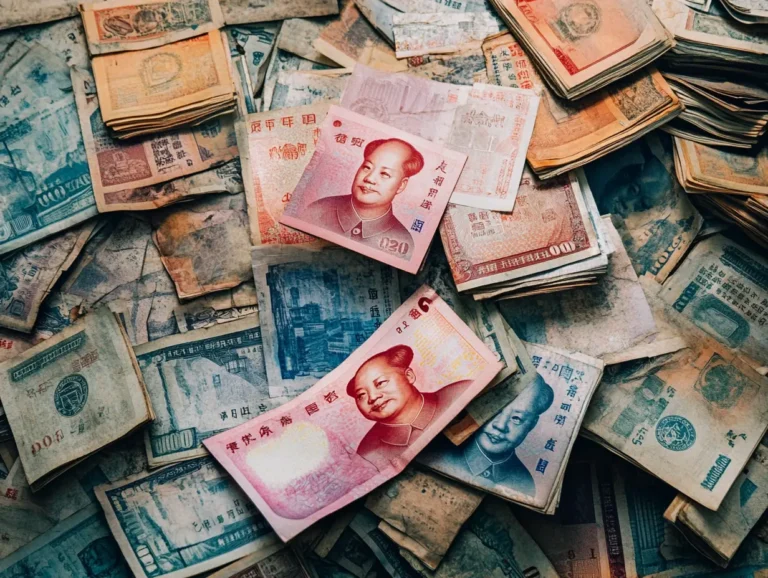Reports suggest that China is considering weakening its currency, the yuan, next year to offset the impact of rising U.S. tariffs. According to Reuters, this possibility has already caused a slight drop in the yuan’s value against the dollar and has affected other Asian currencies that rely heavily on Chinese trade. The move highlights the risk of significant currency shifts amid ongoing trade tensions between the two largest economies.
Analysts believe that allowing the yuan to depreciate could be a strategy to make Chinese exports more competitive by lowering their prices internationally. While some expected the yuan to weaken due to economic pressures, framing it as a deliberate policy change might lead to further trade disputes and possible currency interventions globally.
China’s central bank is reportedly exploring a depreciation to around 7.5 yuan per dollar, representing a 3.5% drop from current levels. This aligns with speculation that China is preparing to better withstand potential trade shocks. Experts note that a weaker yuan would help boost exports, but it could also create friction with trading partners, particularly if other countries feel compelled to respond with their own trade barriers.
At the same time, neighboring Asian countries, many of which are closely tied to China’s supply chains, could see their currencies adjust in response. This could impact regional economies dependent on export-driven growth.
The situation is further complicated by U.S. President-elect Donald Trump’s tariff policies. Trump has proposed a 10% universal tariff on imports and a 60% tariff specifically on Chinese goods. Such measures could increase pressure on China’s economy and influence its currency policies. However, analysts warn that a sharp and deliberate devaluation of the yuan might be seen as currency manipulation by the U.S., potentially escalating tensions further.
China has been gradually preparing for such scenarios, with exporters holding onto dollars and exploring ways to minimize currency risks. Meanwhile, market experts anticipate that any adjustments to the yuan’s value will likely be controlled rather than abrupt, as China aims to manage trade disruptions while avoiding retaliatory actions from other countries.
During Trump’s first term, the yuan lost over 12% of its value against the dollar due to escalating tariff disputes. As the world watches how these policies unfold, both investors and governments are bracing for what could be another turbulent period in global trade.

